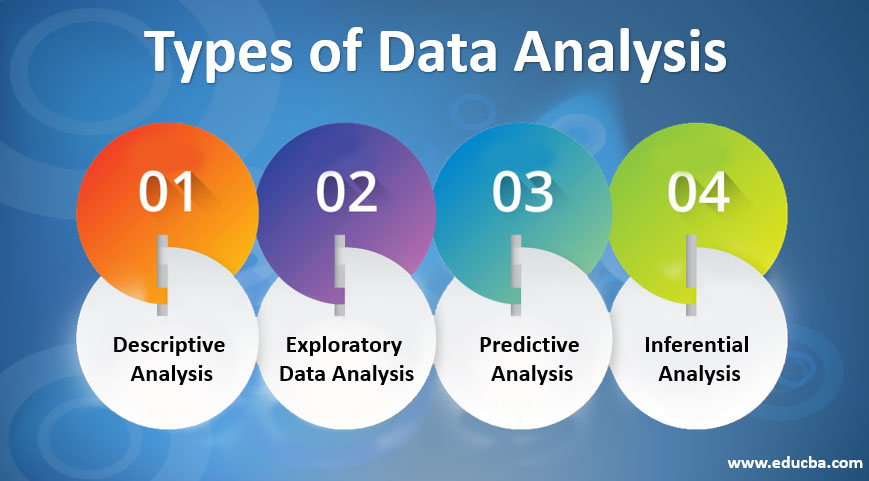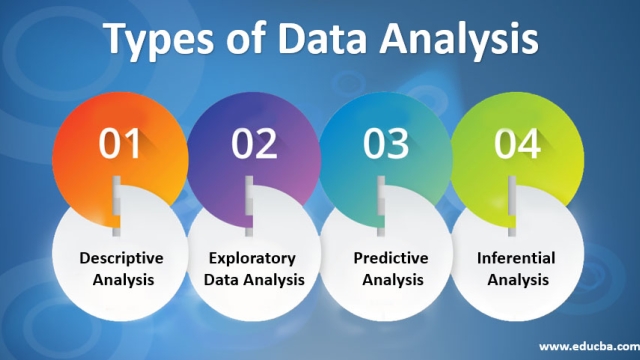
In today’s data-driven world, research and data analysis have become indispensable tools for unraveling complex problems and uncovering meaningful insights. Whether it’s in the fields of science, business, social sciences, or even personal decision-making, the power of research and data analysis lies in their ability to bring clarity to what seems chaotic and uncertain at first glance. By systematically collecting and analyzing data, researchers can unlock patterns, trends, and correlations that can inform better understanding, predictions, and informed decision-making.
Research, at its core, involves a systematic and rigorous process of inquiry aimed at discovering new knowledge or expanding existing theories. It involves formulating research questions, designing appropriate methodologies, and collecting relevant data to explore, examine, and answer those questions. It can take various forms, such as qualitative research, which focuses on understanding experiences and contextual factors, or quantitative research, which relies on numerical data and statistical analysis. Regardless of the approach, the objective remains the same: to arrive at reliable conclusions and insights backed by evidence.
Data analysis, on the other hand, is the process of transforming raw data into meaningful information. It involves organizing, cleaning, and structuring collected data to facilitate examination and interpretation. By applying various analytical techniques and statistical methods, researchers can identify patterns, trends, and relationships within the data, providing a deeper understanding of the subject under investigation. Furthermore, data analysis allows for the identification of outliers or anomalies that may highlight hidden complexities or opportunities for further exploration.
The power of research and data analysis lies not only in their ability to provide answers to specific questions but also in their potential to generate new insights and knowledge. They enable us to move beyond assumptions and intuition, providing a solid foundation for decision-making, problem-solving, and policy development. From informing healthcare practices and shaping marketing strategies to guiding public policy and advancing scientific discoveries, the impact of research and data analysis reverberates across diverse domains.
In the following sections, we will delve deeper into the methodologies, tools, and best practices employed in research and data analysis. By understanding the process behind these practices and recognizing their importance, we can harness the power of research and data analysis to uncover insights that drive progress and innovation. So, let’s embark on this enlightening journey and explore the fascinating world of research and data analysis together.
The Importance of Research
Research plays a crucial role in our quest for knowledge and understanding. Through research, we uncover valuable insights that help us make informed decisions and drive innovation. By carefully studying and analyzing data, we gain a deeper understanding of the world around us and discover new possibilities. Research enables us to explore uncharted territories, challenge existing assumptions, and push the boundaries of what is known to expand our collective understanding of the world.
With rigorous research, we can address complex problems and find effective solutions. Research empowers us to go beyond mere speculation and rely on evidence-based findings. It allows us to delve into the details, explore different angles, and gain a comprehensive understanding of the subject matter. Whether it’s in the fields of science, business, medicine, or any other discipline, research provides a solid foundation upon which new theories, technologies, and practices can be built.
One of the key benefits of research is its ability to uncover patterns, trends, and relationships. Through data analysis, researchers can identify correlations, establish cause-and-effect relationships, and find hidden insights that might otherwise go unnoticed. This process of examining and interpreting data allows us to make sense of complex phenomena and make predictions about future outcomes. Whether it’s analyzing consumer behavior, predicting market trends, or understanding the impact of climate change, research and data analysis help us make informed decisions and take proactive measures.
In today’s fast-paced and interconnected world, research has become even more vital. The abundance of data available to us holds immense potential for exploration and discovery. By harnessing the power of research and data analysis, we can unlock valuable insights that have the potential to drive positive change, shape policies, and improve lives. The importance of research cannot be overstated, as it continues to be the driving force behind progress and innovation in all facets of our society.
The Process of Data Analysis
Data analysis plays a crucial role in research, providing valuable insights that can drive decision-making and uncover hidden patterns. This process involves several steps that transform raw data into meaningful information.
The first step in data analysis is data collection. Researchers gather relevant data from various sources, ensuring its accuracy and reliability. It’s essential to collect enough data to ensure a comprehensive analysis while also considering any potential biases or limitations in the data set.
Once the data is collected, it moves on to the next stage, data cleaning. This step involves identifying and addressing any inconsistencies, errors, or missing values in the data set. Data cleaning is crucial to ensure the accuracy and integrity of the analysis. Various techniques and tools are used to clean the data, such as removing duplicates, addressing outliers, and filling in missing values.
After the data is cleaned, the next step is data exploration. This involves examining the data to identify patterns, relationships, and trends. Exploratory data analysis techniques such as summary statistics, data visualization, and correlation analysis are often used at this stage. Data exploration helps researchers gain a deeper understanding of the data and can provide initial insights that guide further analysis.
Overall, the process of data analysis is a systematic approach that involves collecting, cleaning, and exploring data to uncover valuable insights. By following this process, researchers can make informed decisions and contribute to the advancement of knowledge in their respective fields.
Key Findings and Implications
The process of research and data analysis reveals valuable insights that have significant implications in various fields. By examining and interpreting data, researchers are able to uncover key findings that provide crucial information and contribute to informed decision-making.
One of the key findings that emerged from the research is the correlation between customer satisfaction and business success. Through data analysis, it was discovered that organizations that prioritize customer satisfaction and invest in improving the customer experience tend to outperform their competitors. This finding underscores the importance of understanding and meeting the needs of customers in order to thrive in a highly competitive marketplace.
Another important finding relates to the effectiveness of marketing campaigns. By analyzing data on consumer behavior and preferences, researchers were able to identify the most effective strategies and channels for reaching target audiences. This finding has significant implications for businesses looking to optimize their marketing efforts and allocate resources wisely to maximize return on investment.
Furthermore, research and data analysis have shed light on the impact of technology on various aspects of our lives. Through careful examination of data, researchers have discovered the transformative effects of technological advancements in fields such as healthcare, education, and communication. These findings highlight the need for continuous innovation and adaptation to harness the full potential of technology for societal benefit.
In conclusion, the process of research and data analysis yields valuable insights that have far-reaching implications. From understanding customer satisfaction to optimizing marketing strategies and harnessing the power of technology, research and data analysis contribute to informed decision-making and drive success in various fields.
